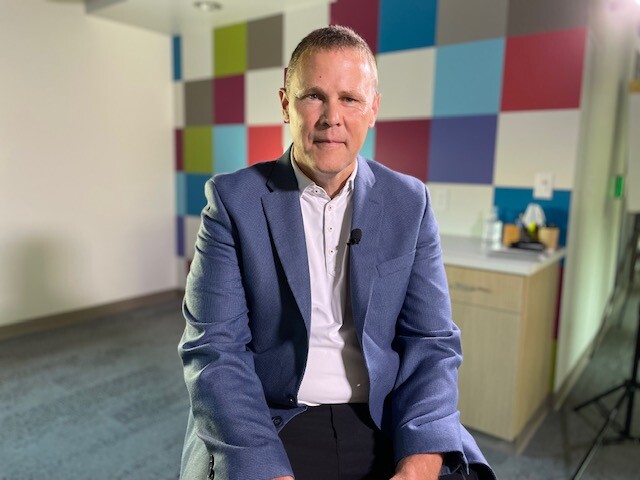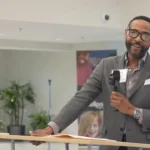Wellpoint Care Network’s Tim Grove discusses impact of trauma on kids with TMJ4 News
A couple in Milwaukee faces multiple charges after their two children were found roaming the streets naked and covered in feces on Thursday, July 13.
A criminal complaint states the children have never been to school and they cannot read or write. Their house and room were filled with trash and there was feces on the walls. The door to their room had a lock to keep them inside. They haven’t been to a medical appointment in at least three years and had not been bathed in a week.
Many in the community are now wondering what kind of impact this traumatic experience will have on the children longterm and what their future will look like.
Trauma Informed Care specialist at Wellpoint Care Network, Tim Grove, tells TMJ4 News that after working three decades in child welfare, there is hope.
“What I have learned over my years in the field is change is possible, recovery is possible. For these kids and kids who experience things like these kids did, recovery, healing is possible. We have seen it time and time again. Sometimes in the face of pretty overwhelming horror,” said Grove.
The first step is finding the children proper care, like therapists and counseling. However, he cautions recovery comes from not just getting the right caregiver, but also having an entire network in the community who supports these children like teachers, bus drivers and even club leaders.
“Kids start to learn if the world is going to be unsafe and I need to keep those fear systems on in my brain and body, I just turn those fear systems on all the time. And part of what happens is when they are removed from that situation they struggle with, ‘Do I need to have them on again or can I shut them off?’” said Grove.
He says oftentimes those children are then labeled with behavior issues instead of the mental health issues they are facing.
According to the Wisconsin Office of Children’s Mental Health, one in five children in the state are living with two or more adverse childhood experiences. Grove says experts now believe a third to half of the population of children are living with trauma following the pandemic.
“We dream of a world where everybody in the community says what can I specifically do? Maybe not to address specifically these kids, they may never interact with them. But I promise you there are many, many other kids with similar stories that they do interact with,” said Grove.
Grove says besides community members getting Trauma Informed Care training, the most basic steps anyone can do is, if they see a child acting out or acting differently, look at them in the eyes and have a look of compassion and understanding on your face. He says that simple act can start to make a child feel safe.
For the full story on TMJ4 News, click here.





